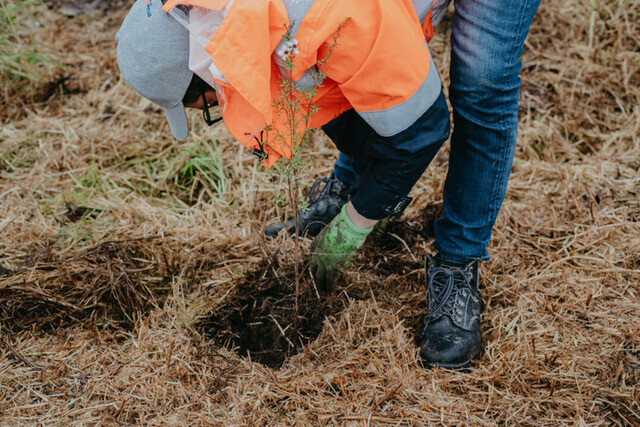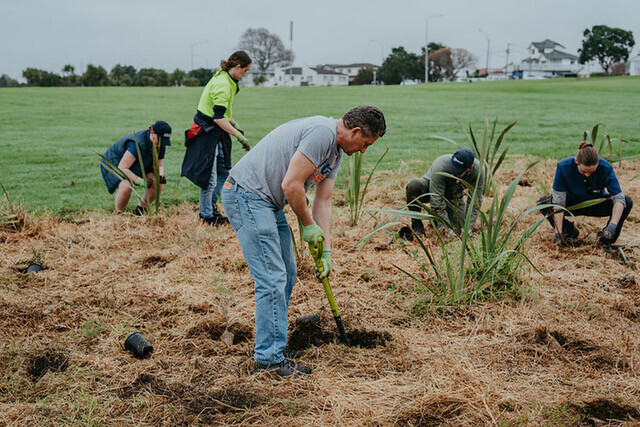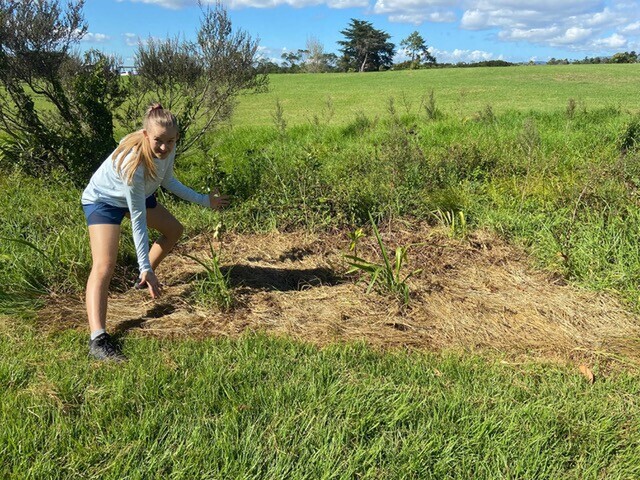At Sustainable Coastlines we believe we can't clean-up our oceans without cleaning-up the rivers that flow to them. One of our solutions to end ocean pollution is to restore freshwater ecosystems with riparian planting, weeding and releasing activities and citizen science monitoring. And thanks to the support of The Jenkins Foundation, we are able to innovate and pilot new initiatives to achieve our goals.
One of these initiatives was the trial of a new organic weed control and maintenance programme in the Whau River catchment, Te Atatu, Auckland. Our planting site had become overgrown with weeds and the council's solution was to use glyphosate, which is counter-intuitive to our mission to protect our freshwater ecosystems and drive better outcomes for biodiversity.
The funding Jenkins Foundation provided enabled us to test a new technology called Weedingtech that uses boiling water and natural chemicals to burn the invasive weeds' stems and roots allowing for a much cleaner way to prep the site and to kill the weeds. Plus we were able to purchase much needed equipment such as weed whackers, waders, rakes, shears, clippers and gloves, to assist with our maintenance efforts. These kits were deployed in all 4 catchments we work in. Previously our weeding was done by hand releasing the plants, this was slow and time consuming and was a barrier for us to scale our efforts and deliver greater impact. The equipment is also being used by community members and schools to conduct maintenance sessions as part of our new Nurture Nature Days.
The trial found that the result of the weeding tech is similar to the effects of glyphosate, killing the grass at the roots. As expected, the excess dead grass made for difficult planting, which is where the weed wacker and other tools complimented the efforts of the weeding tech. Once planted, we mulched the area, this combination of weeding tech and mulch means that the time and energy put into future maintenance work will be greatly reduced.
The trial was a success and now we have a model of how we can conduct organic/herbicide free site prep and maintenance. Over the summer, during the non-planting months, we will explore the implementation plan to scale this mahi and to roll it out NZ wide, either with the purchase of our own Weedingtech system, or through contractors.
To date, Sustainable Coastlines has planted 281,445 trees and educated 247,989 people on water quality and plastic pollution. Find out more at www.sustainablecoastlines.org


